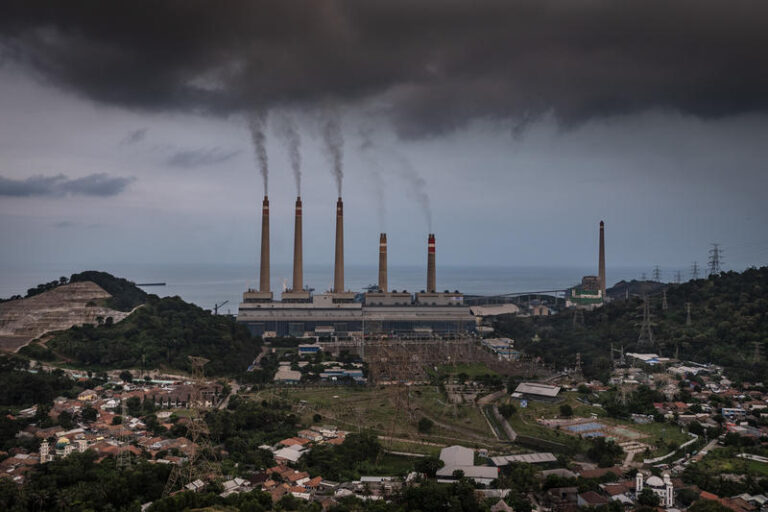JAKARTA — Indonesia’s first road map for its energy transition, focusing on phasing out coal, is riddled with loopholes that will make it difficult for the country to retire its massive fleet of coal-fired power plants, critics say. The road map uses a weighted scoring system to determine which power plants should be prioritized for closure or early retirement. But the system gives too much weight to criteria like how much funding has been secured to shutter a plant (27% of the total score) and not enough to factors like emissions (just 9.3% of the score), even though cutting emissions is the primary goal.
This approach means that only the lowest-risk plants — those with available donor funding and minimal grid impact — are likely to be retired first, regardless of their carbon emissions, said Bhima Yudhistira Adhinegara, director of the Centre for Economic and Law Studies (CELIOS), a Jakarta-based think tank. “This scoring system would fail most [coal plants from being retired early],” Bhima told reporters in Jakarta. “This road map actually blocks early retirement of coal plants.” The system also overlooks the potential cost savings from retiring old, inefficient, and heavily polluting plants, Bhima added. “If closing a coal plant saves money … shouldn’t that reduce the financial burden?” he asked, questioning the government’s reliance on external funding to shut down aging plants. “If we rely on external funds, given today’s global finance conditions, it’ll be tough,” he said. Even if the funds are available, other criteria, like…This article was originally published on Mongabay


